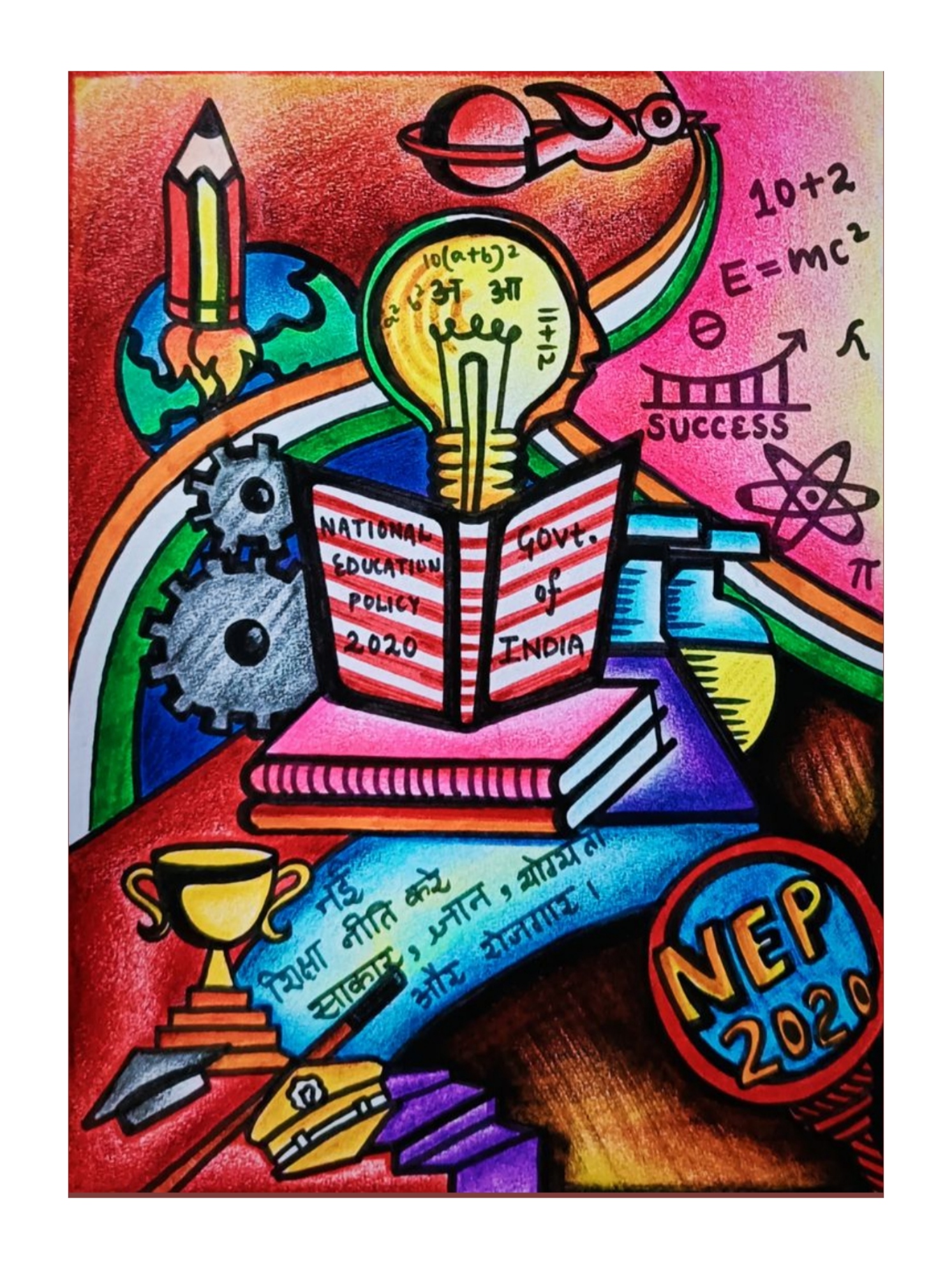Photography Contest




Video Contest
Poster Art Contest










| 🏆 Winners of the article writing competition 🏆 |
|
|
|
An entrepreneurial mindset is more than just starting a business—it’s a way of thinking and approaching challenges with innovation, resilience, and vision. Successful entrepreneurs share certain traits and qualities that set them apart and enable them to thrive in the ever-changing world of business. Let’s explore these qualities through the 5 W H format, which helps break down the essential components of an entrepreneurial mindset.
Successful entrepreneurs are individuals who identify opportunities, take calculated risks, and have the determination to turn their ideas into reality. They range from small business owners to global visionaries like Elon Musk, Oprah Winfrey, or Steve Jobs. Entrepreneurs come from diverse backgrounds but share the same drive for innovation and impact.
At the core, a successful entrepreneur possesses key traits such as resilience, risk-taking, adaptability, and a growth-oriented mindset. Here are some standout qualities:
Entrepreneurs succeed in all industries—from technology and healthcare to retail and entertainment. Some thrive in traditional sectors, while others find success by disrupting industries with innovative products or services. Locations with strong business ecosystems, such as Silicon Valley, tend to foster more entrepreneurial ventures, but today’s digital world allows entrepreneurs to succeed from almost anywhere.
The timing of success varies. Some entrepreneurs see early success in their careers, while others, like Colonel Sanders, founder of KFC, achieved fame later in life. Success is often the result of continuous effort, trial, and error. Entrepreneurs typically measure success not only in financial gains but also in personal fulfillment and the impact they make on their customers and communities.
An entrepreneurial mindset is vital because it fuels innovation, drives economic growth, and creates job opportunities. Entrepreneurs are problem solvers who identify gaps in the market and develop solutions that improve people’s lives. Additionally, an entrepreneurial mindset encourages continuous learning and resilience, which are valuable beyond business, influencing how one handles challenges in life.
Developing an entrepreneurial mindset involves a commitment to personal growth and continuous learning. Here are actionable steps to cultivate this mindset:
While entrepreneurship comes with risks, the rewards are equally significant. Successful entrepreneurs often enjoy financial independence, personal freedom, and the satisfaction of building something from the ground up. They get to solve real-world problems, make a lasting impact, and continuously evolve in their personal and professional journeys.
In conclusion, the entrepreneurial mindset is a powerful tool for success in business and life. By developing traits such as resilience, adaptability, and a passion for innovation, anyone can take the steps toward becoming a successful entrepreneur.
Job hunting in today’s competitive market requires more than just submitting resumes to online job boards. To stand out, candidates must strategically craft resumes, master the art of interviewing, and leverage their networks effectively. This comprehensive guide will cover resume writing, interview preparation, and networking strategies to help you succeed in your job search.
The resume is your first opportunity to make an impression on a potential employer. A well-crafted resume should not only showcase your skills but also highlight your achievements and experience in a way that is tailored to the job you are applying for.
When crafting your resume, make sure to include the following key sections:
Once your resume gets you in the door, the next hurdle is facing the interview. Interviewing effectively requires preparation, confidence, and the ability to communicate your value clearly.
The interview is your opportunity to demonstrate why you are the best fit for the position. Preparation is key to making a strong impression. Research the company, review the job description, and practice common interview questions.
After the interview, always send a follow-up thank-you email. Express gratitude for the opportunity and reiterate your enthusiasm for the role. This small gesture can make a lasting impression.
Networking is often the most powerful tool in a job search. The majority of job openings are never advertised; they are filled through personal connections. Building and maintaining a strong professional network can open doors to opportunities that might not be available through traditional job search methods.
In today’s competitive job market, job seekers need to be proactive and strategic in their approach. Crafting a strong resume, acing interviews, and building a robust network are essential steps for landing your dream job. By focusing on these areas, you can increase your chances of standing out from the competition and securing the role you want.